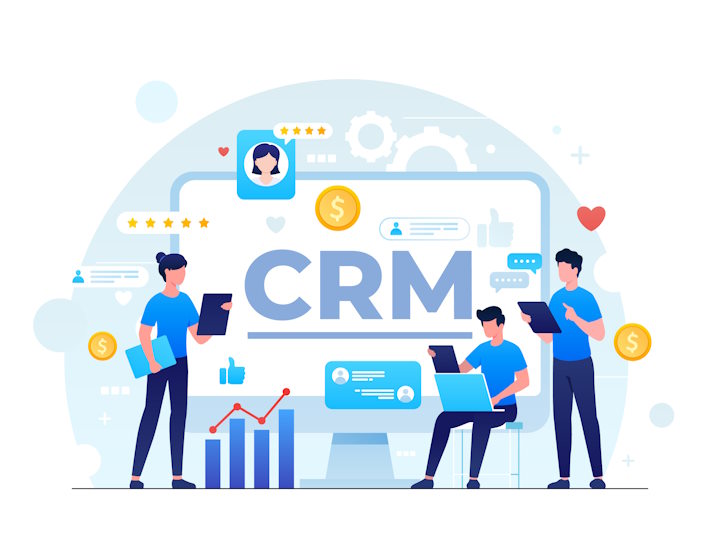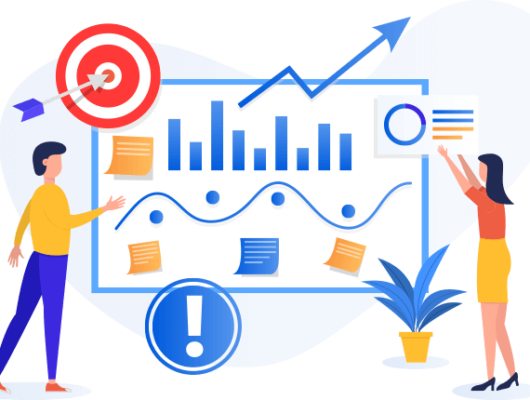In today’s fast-paced, customer-driven business environment, staying organized and responsive isn’t just a competitive advantage — it’s a necessity. Whether you’re a startup founder, a small business owner, or managing a growing enterprise, your ability to track interactions, manage leads, and build lasting relationships directly impacts your bottom line.
That’s where a CRM software like Utilmo comes in.
What Is a CRM?
CRM stands for Customer Relationship Management. It’s a system that helps businesses manage all their interactions with current and potential customers. A good CRM acts as a centralized hub where sales, marketing, and customer service teams can store data, track communications, and monitor customer journeys in real-time.
At its core, a CRM is designed to do three things:
-
Organize customer data
-
Streamline communication and workflows
-
Improve customer satisfaction and retention
Whether you’re tracking sales leads, automating email campaigns, or analyzing customer behavior, a CRM ensures you’re not leaving opportunities on the table.
Why Do You Need a CRM?
1. Centralized Customer Information
How many times have you searched through emails, spreadsheets, or sticky notes just to remember what you last discussed with a client? With a CRM, all your customer data — contact details, notes, emails, purchase history, and more — lives in one place. No more guesswork, and no more siloed information between departments.
2. Better Lead Management
Without a clear sales pipeline, it’s easy for leads to fall through the cracks. A CRM helps you track every stage of the sales funnel, from first contact to closing the deal. You can assign tasks, set reminders, prioritize hot leads, and even automate follow-ups to keep the conversation going.
3. Improved Customer Retention
Acquiring a new customer can cost five times more than keeping an existing one. A CRM helps you retain customers by reminding you of important follow-ups, tracking service issues, and segmenting your audience for personalized messaging. The result? Happier customers and longer-lasting relationships.
4. Enhanced Collaboration Across Teams
Whether your teams are in the same office or spread across the globe, a CRM ensures everyone stays on the same page. Sales can see where marketing efforts are gaining traction, support teams can view purchase history before responding to a ticket, and leadership gets a high-level overview of performance metrics.
5. Actionable Insights and Reporting
Modern CRMs come equipped with powerful analytics tools. You can track conversion rates, customer lifetime value, email campaign performance, and more. These insights let you make data-driven decisions instead of relying on gut feeling or outdated reports.
Who Should Use a CRM?
The short answer? Almost everyone. CRMs aren’t just for big corporations. In fact, small businesses can benefit the most from implementing one early. If your business deals with customers — whether you’re selling products, services, or support — a CRM will help you scale more efficiently and intelligently.
Final Thoughts
A CRM isn’t just a software tool — it’s a strategic investment in how you manage and grow your customer relationships. With the right system in place, you’ll not only improve internal efficiency but also deliver a better experience to your customers at every touchpoint.
If you’ve been managing your business on spreadsheets, sticky notes, or disconnected tools, it might be time to ask: what’s it costing you?
The right CRM can be the difference between reacting to problems and proactively building a more resilient, customer-first business.







